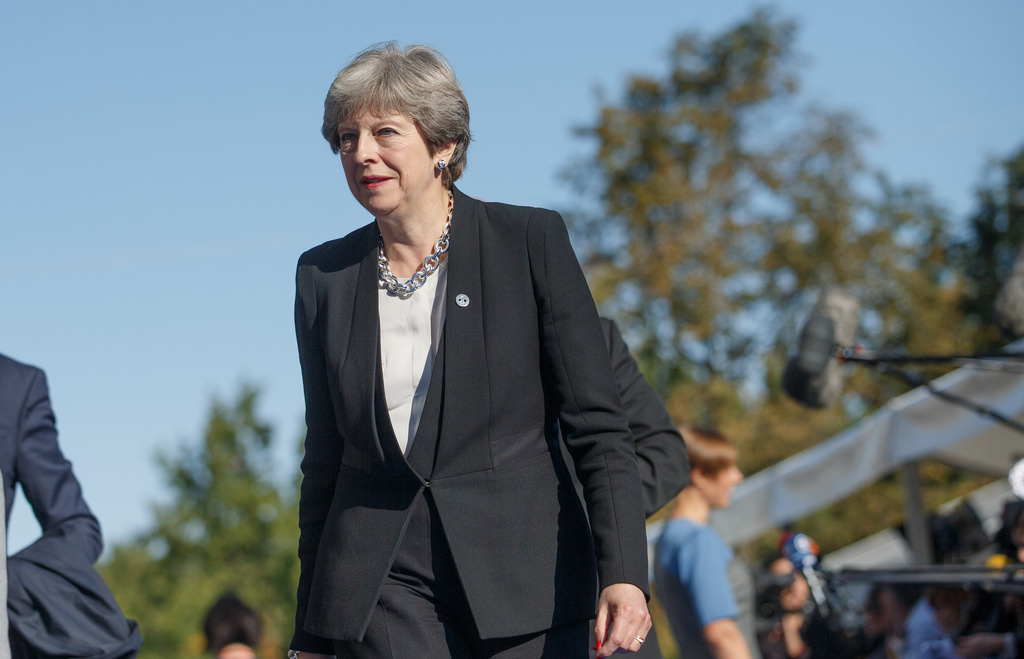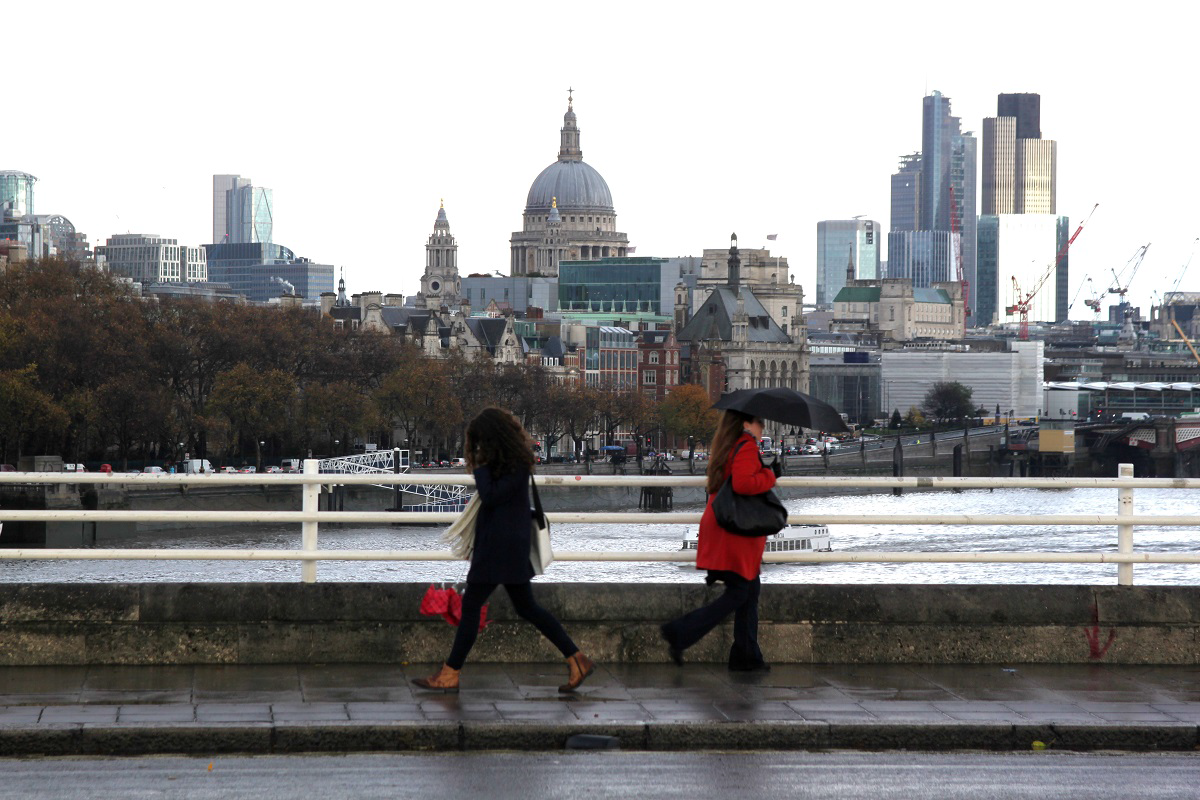POLITHEOR
European Policy Network
Brexit
- Home
- Brexit
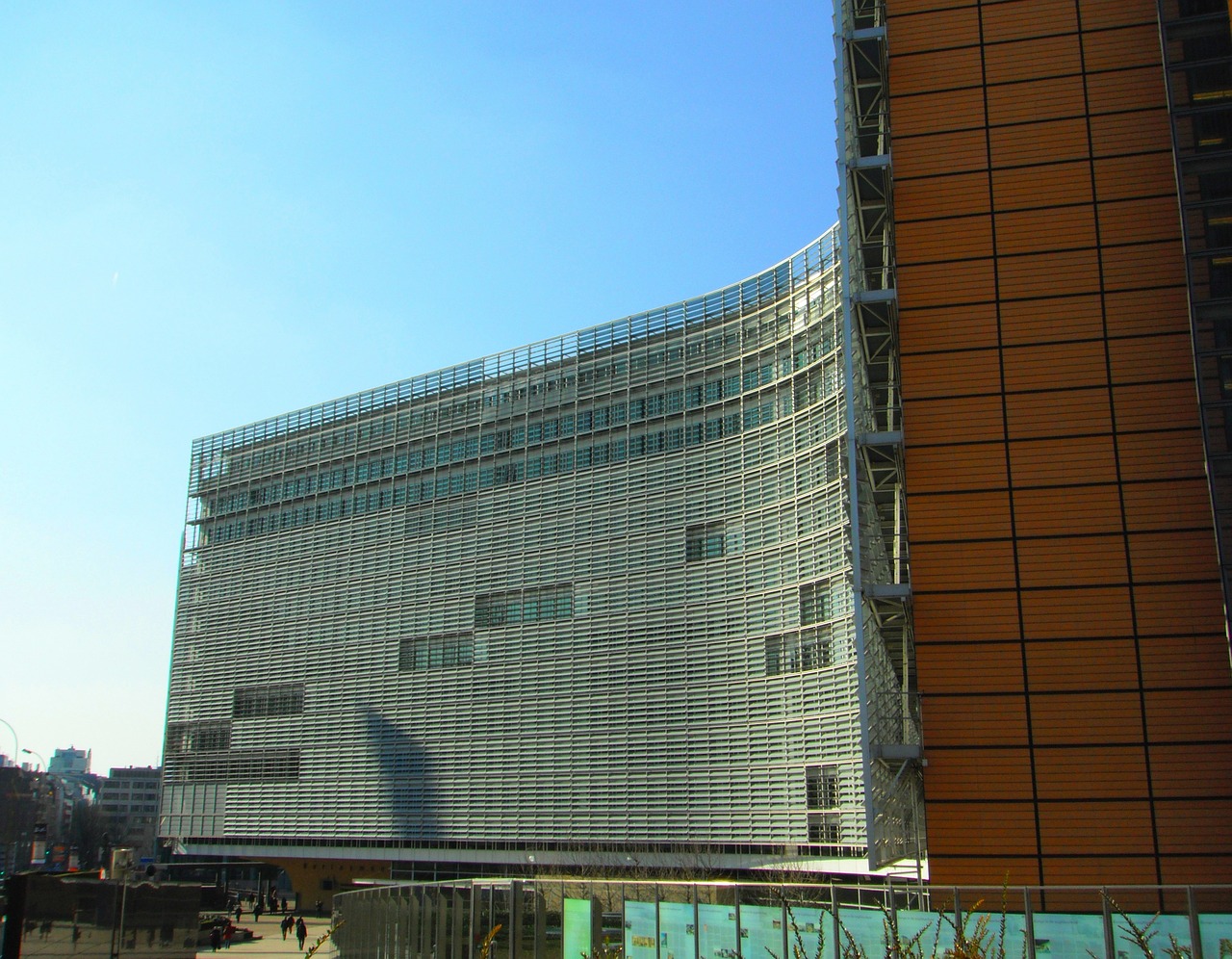
It is up to the Commission to guide into the right way to EU democracy1
- EU Governance and Politics, Op-ed
- 08/09/2016
However desirable it may seem for political organizations to endow themselves with the halo of democracy, the European Union should be cautious to hastily “democratize” in response to the Brexit. Reform efforts to tame spreading Euroskepticism are necessary, yet not according to national standards. The EU will have to develop its own unique, transnational version of democracy.
READ MORE
Europe of concentric circles… or divergent values0
- EU Governance and Politics, Op-ed
- 02/09/2016
The elephant in the room is now too big to be ignored and too obvious to be buried in mumblings.
READ MOREPiers Ludlow: “Brexit is neither the first nor the worst crisis that the EU has confronted”0
- EU Governance and Politics, Interview
- 29/08/2016
[box type=”info” icon=”none”]Dr. Piers Ludlow is an Associate Professor at the International History Department of the London School of Economics and Political Science. His main research focus is the history of Western Europe since 1945, in particular the historical roots of the integration process and the development of the EU. In this interview he discusses
READ MORE
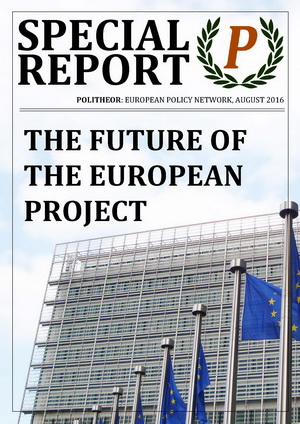
Politheor’s Special Report on the Future of the European Project11
- EU Governance and Politics, Special Report
- 28/08/2016
A crisis-ridden EU has sparked many debates. Is the EU becoming more intergovernmental? Should it integrate more deeply (with a fiscal union)? Is disintegration or policy dismantling a real concern?
READ MORE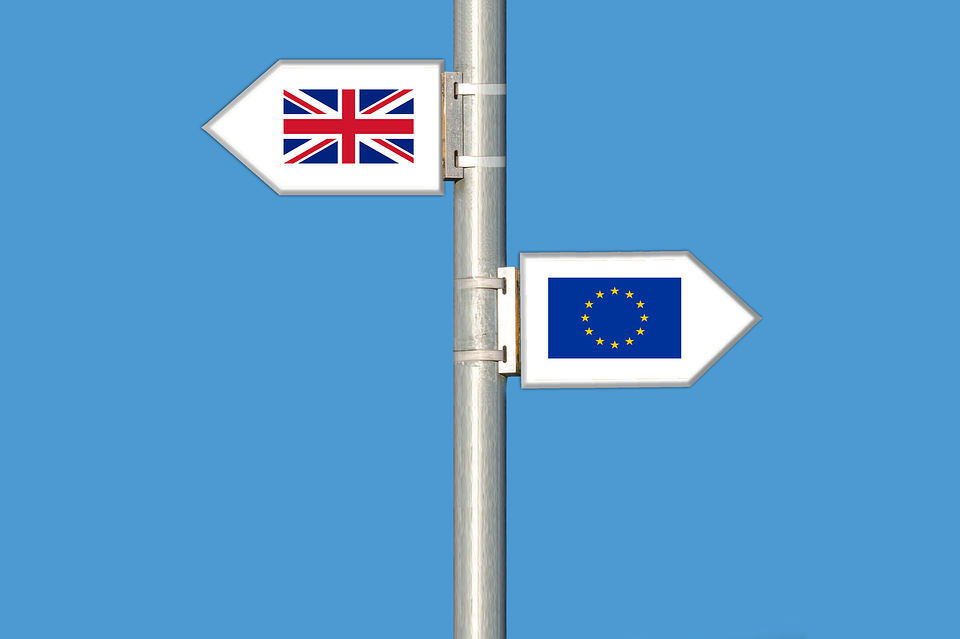
Goodbye Brexit dream, hello lessons learnt0
- EU Governance and Politics, Op-ed
- 25/07/2016
On the 23rd of June 2016 the United Kingdom, one of the three pillars of the EU alongside France and Germany, and the biggest champion of its enlargement, votes to leave the Union. Whether this historic date will be remembered as Europe’s doomsday or the beginning of its resurrection now weights entirely on the EU shoulders.
READ MORE
Why Leave won and what’s next for the UK1
Brexiteers could not have dreamed of a more propitious Zeitgeist for their campaign: the recent Euro crisis, the hasten influx of refugees and migrants, the Islamic State’s attacks in Paris and Brussels, the March 2016 EU-Turkish deal on conditional visa-free allowances, the Prime Minister’s father’s involvement in the Panama Papers affair, and the Chancellor of the Exchequer’s withdrawal of some of his key proposals from the UK budget.
READ MORE


